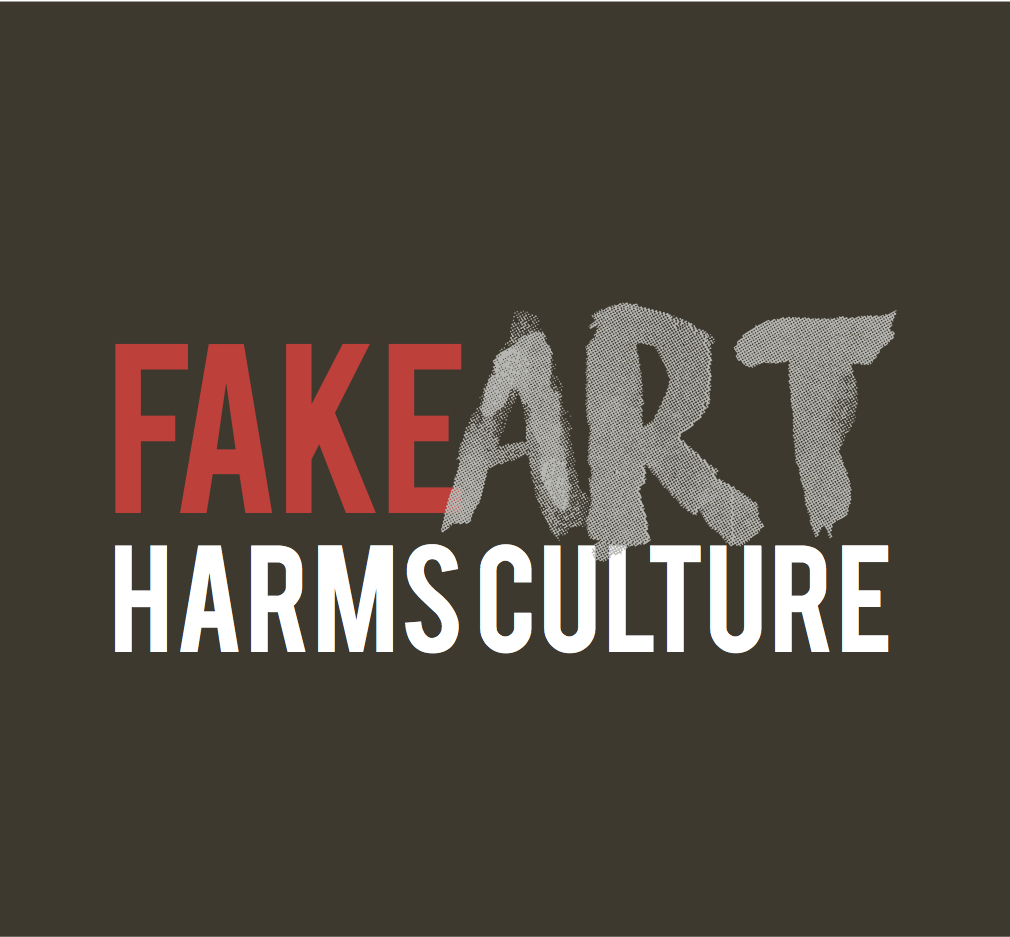SUBMISSION Fake Art Harms Culture: Productivity Commission study

On 9 February 2022, Arts Law the Copyright Agency and the Indigenous Art Code Limited made a joint submission to the Productivity Commission’s study into the market for Aboriginal and Torres Strait Islander visual arts and crafts. Grounded in the National Agreement for Closing the Gap and the principles of the United Nations’ Declaration on the Rights of Indigenous Peoples, our submission provided a snapshot of the market based on our experiences with clients, communities and stakeholders, and put forward practical reform options to increase fairness, reduce exploitation and stop the trade of fake art in Australia. The resulting 104-page submission was an incredible effort from all three organisations and is the result of many thoughtful and animated discussions across the broad range of topics that the Commission is examining.
Central to the submission were three major reform areas that we presented to the Commission for consideration: amendments to the Australian consumer law to create new offences for those engaging in the trade of ‘Aboriginal-style’ art products with no connection to First Nations artists or communities; the recognition of Indigenous Cultural and Intellectual Property (ICIP) in legislation; and an analysis of the effects a mandatory code of practice would have if implemented in Aboriginal and Torres Strait Islander art market. Our submission also addressed issues of exploitation, from bad licensing arrangements through to working conditions for artists, the resale royalty, and the importance of funding arts and other support organisations who provide critical resources and assistance to artists.
Arts Law, the Copyright Agency and the Indigenous Art Code have been advocating for law reform to address the growing proliferation of fake ‘Aboriginal-style’ products since 2016 with the launch of the Fake Arts Harms Culture campaign. The Fake Art Harms Culture campaign was created to address the concern of widespread sale of works that have the ‘look and feel’ of being Indigenous but actually have no connection to Aboriginal and Torres Strait Islander communities. In addition to this campaign work, Arts Law has been advocating more generally for the rights of Indigenous artists, including the legal recognition and protection of ICIP and fairer deals for artists when selling or licensing their artworks. This submission is the culmination of over five years research and advocacy work in this space and is a significant step in the right direction to achieving meaningful law reform.
We would like to acknowledge Allens Linklaters, especially Partners Ted Hill and Andrew Wiseman and their teams, for their major assistance in researching and preparing initial drafts for our responses to questions on intellectual property law, amendments to the Australian Consumer Law, and the prospects of a mandatory code of practice for the Aboriginal and Torres Strait Islander arts and crafts market. Our thanks also go to the University of Technology Sydney’s Institute for Public Policy and Governance for the research they conducted, commissioned by the Indigenous Art Code, into the business types and practices within the supply chain for First Nations art and craft products.
Our full submission has been published on the official website of the Commission’s study. You can read our submission, and the submissions made by others here: https://www.pc.gov.au/inquiries/current/indigenous-arts/submissions

